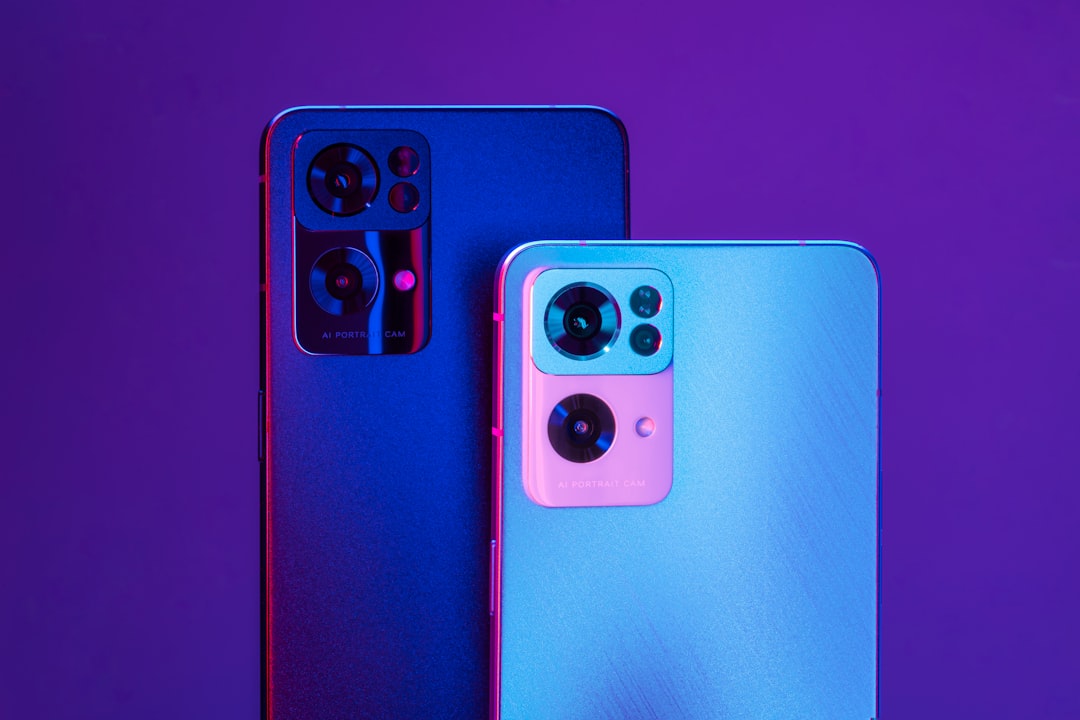Global "Do Not Call" regulations protect consumers from unwanted phone calls and texts. In Ohio, residents can register their numbers on the National Do Not Call Registry managed by the Attorney General's Office with help from telecom carriers. Businesses must comply with these rules, which can be facilitated by consumer protection lawyers or specialized do not call lawyer/attorney firms in Ohio. Challenges include inconsistent data management and a lack of standardized protocols globally, making advanced technologies crucial for effective enforcement. Ohio, with its robust legal community, promotes international cooperation and technological advancements to bridge gaps in protecting privacy rights against nuisance calls.
“Exploring the Future of Global Do Not Call Cooperation: Ohio’s Perspective” delves into the evolving landscape of consumer protection against nuisance calls. With a focus on Ohio’s approach, this article examines global Do Not Call regulations and the current state of protection in the U.S. state. It highlights challenges within existing lists and explores international strategies for enhanced cooperation. Furthermore, it discusses the pivotal role technology plays in shaping future do-not-call management, offering insights from a leading Do not call lawyer Ohio firm on legal perspectives for consumers and industry alike. Discover how these factors converge to forge a path forward in combating unwanted calls globally.”
Global Do Not Call Regulations: A Brief Overview

Global Do Not Call regulations are a collection of laws and guidelines aimed at protecting consumers from unsolicited phone calls and texts, providing them with a way to opt-out of marketing messages they don’t want or didn’t agree to receive. These rules vary across jurisdictions but share a common goal: to give individuals control over their communication preferences. In the United States, states like Ohio have implemented their own Do Not Call lists and laws, enabling residents to register their phone numbers to avoid unwanted telemarketing calls.
Ohio’s Do Not Call list is administered by the state’s Attorney General’s Office, which works with telecommunications carriers to enforce the regulations. A lawyer specializing in consumer protection or a Do not call attorney in Ohio can help businesses comply with these laws and navigate any legal complexities surrounding them. Law firms focused on this area offer expertise in ensuring companies respect consumer rights regarding telemarketing practices and adhere to the Do Not Call list requirements, thereby fostering a cooperative global environment that respects individual privacy and communication choices.
Ohio's Current Approach to Protecting Consumers from Nuisance Calls

Ohio takes consumer protection seriously, especially when it comes to combating nuisance calls. The state has implemented robust laws and regulations aimed at safeguarding its residents from unwanted telephone marketing calls, often known as “do not call” measures. Ohio’s current approach involves a combination of enforcement and education. Attorney General offices actively monitor and investigate complaints related to these calls, taking legal action against violators. This includes do not call lawyer Ohio professionals who disregard consumer requests to stop contacting them.
The state also encourages residents to register for the National Do Not Call Registry and provides resources through the Ohio Attorney General’s website. By educating consumers about their rights and tools available, Ohio aims to empower its citizens to take control of their phone lines. This proactive strategy ensures that Ohio remains at the forefront of global do not call cooperation, offering both a supportive legal framework and an informed public.
Challenges and Gaps in the Existing Do Not Call Lists

The current global do not call registries face several challenges and gaps that hinder their effectiveness in protecting consumers from unwanted telemarketing calls. One of the primary issues is inconsistency in data maintenance and updates, leading to outdated and inaccurate listings. Many lists are national or regional, failing to account for international calling patterns and the proliferation of new marketing channels. As a result, individuals may still receive calls from unknown numbers, especially with the rise of sophisticated call masking technologies.
Moreover, the absence of standardized global protocols and enforcement mechanisms contributes to these problems. Without uniform guidelines, it becomes difficult to ensure that do not call lists are properly respected across borders. This is particularly problematic for Ohio residents who frequently interact with both local and international law firms and attorneys advertising their services via phone. A lawyer for a do not call Ohio may face challenges in enforcing privacy rights against global telemarketers, emphasizing the need for enhanced international cooperation and robust regulations to bridge these gaps.
Enhancing Cooperation: International and State Strategies

Enhancing global cooperation on “Do Not Call” regulations is a strategic necessity in today’s interconnected world. Ohio, as an influential state with a robust legal community, has a key role to play in this regard. International collaboration ensures that consumer protection against unwanted telemarketing calls is uniform and effective across borders. By aligning state strategies with global standards, Ohio can strengthen its position as a leader in privacy law. This involves fostering partnerships between local “Do Not Call” registries and international organizations to share best practices and data, ensuring a comprehensive approach to blocking illegal robocalls.
Ohio’s legal professionals, including experienced do not call lawyers and attorneys, can contribute by advocating for stronger cross-border cooperation at both the state and federal levels. Engaging with international counterparts, attending global conferences, and participating in regulatory discussions will enable them to stay updated on emerging trends and laws related to consumer privacy. This proactive approach ensures that Ohio’s legal community is well-equipped to guide businesses and individuals navigating the complexities of global “Do Not Call” regulations while also providing top-tier representation for clients facing telemarketing violations, such as those seeking do not call lawyer services in Ohio.
The Role of Technology in Future Do Not Call Management

The evolving landscape of global communication has prompted a reevaluation of how we approach do-not-call lists and regulations, especially in an era dominated by technology. Advanced technologies play a pivotal role in shaping the future of do-not-call management, both globally and in Ohio. With the proliferation of digital marketing channels, automated calls, and vast consumer data, efficient and effective do-not-call systems are more crucial than ever.
Ohio’s perspective on this matter is significant, especially for those seeking legal counsel from a do not call lawyer Ohio, do not call attorney Ohio, or consulting with reputable do not call law firms Ohio. The state recognizes the potential of technology to streamline the process of maintaining and updating do-not-call lists. Innovations such as artificial intelligence and machine learning can enhance the accuracy and speed at which calls are blocked, ensuring compliance for both businesses and consumers. This technological advancement promises a more robust and adaptable system for managing unwanted telephone solicitations.






